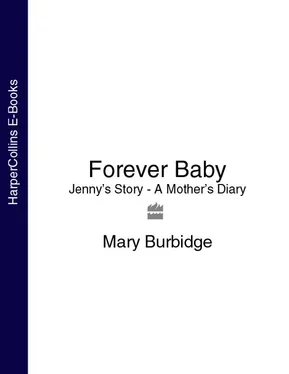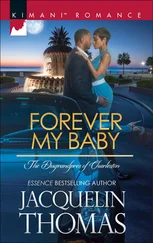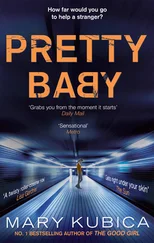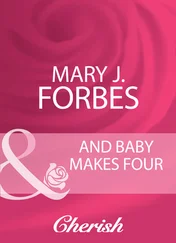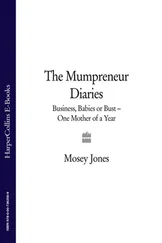These days, fewer disabled children are born. Preventive immunisation, genetic counselling and improved obstetric care have contributed to this. Special tests in early pregnancy can identify many malformations or abnormalities, and parents can choose to have the pregnancy terminated. While very few people would choose to bring a severely disabled child into the world if they could avoid it, the implications of this newly-acquired capacity to engineer a largely disability-free society need to be examined.
What message does it give to the disabled members of our community about their worth, their right to exist and be supported? Will society refuse support for those families who knowingly give birth to a child with a disability? Will even minor defects be eliminated, until only perfection is tolerated? And what will this mean for those whose disabilities or deformities could not be predicted, or are acquired after birth?
A friend of mine recently had tests early in her pregnancy, because in her first pregnancy the baby had been found to have a severe foetal defect necessitating termination, and there was a chance this could recur. She was told these tests showed a different problem, Down syndrome, and that arrangements had been made for her to have a termination two days later. She was offered no counselling about what having a child with Down syndrome would mean, or what factors she would need to consider in making her decision. It was not even appreciated that she had a decision to make! In fact, it was a very difficult decision for her and only after a lot of heartbreak did she accept that she really could not manage a disabled child in her situation. The attitude to disability shown by her doctors is a little disturbing.
So, what am I saying in all this? There will always be children born with disabilities. And if it happens to you, it’s not the end of the world – for you or your baby. No one can predict with certainty what path any child’s development will follow. Or what sort of life he/she will be able to lead.
It will not be the life you dreamt about when you were expecting your baby, but it is his/her life. Having a disabled child makes you think about life: what it’s for and what’s important. And your ideas change quite a lot. Your life won’t be the one you were dreaming about either, but it will be a full life, a rich life. And it could have a lot of joy.
Unfortunately, tragically, something did happen, and I no longer have the baby I thought was mine forever.
What I do have is her story, the story of her life ending, and mine going on without her. For reasons I find hard to understand, and even harder to explain or justify, I want that story, Jenny’s story, to be told.
Introduction to second edition
I decided to self-publish a second edition of Forever Baby as people still wanted to buy it, but not enough people for Pan Macmillan to be willing to reprint it. I wanted Jenny’s story ‘out there’ still, for anyone who wanted to read it.
I have taken the opportunity to include the pictures that some people asked for and, in working again from the original diary text, I have chosen to include some passages that were edited out of the first edition. More of my idiosyncrasies in spelling, grammar and expression remain.
For better or for worse, this edition is more ‘mine’.
Part One
Конец ознакомительного фрагмента.
Текст предоставлен ООО «ЛитРес».
Прочитайте эту книгу целиком, купив полную легальную версию на ЛитРес.
Безопасно оплатить книгу можно банковской картой Visa, MasterCard, Maestro, со счета мобильного телефона, с платежного терминала, в салоне МТС или Связной, через PayPal, WebMoney, Яндекс.Деньги, QIWI Кошелек, бонусными картами или другим удобным Вам способом.
